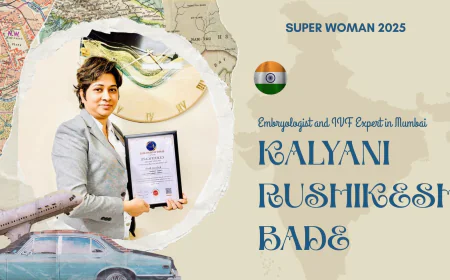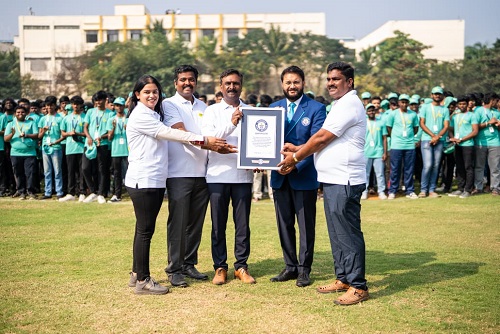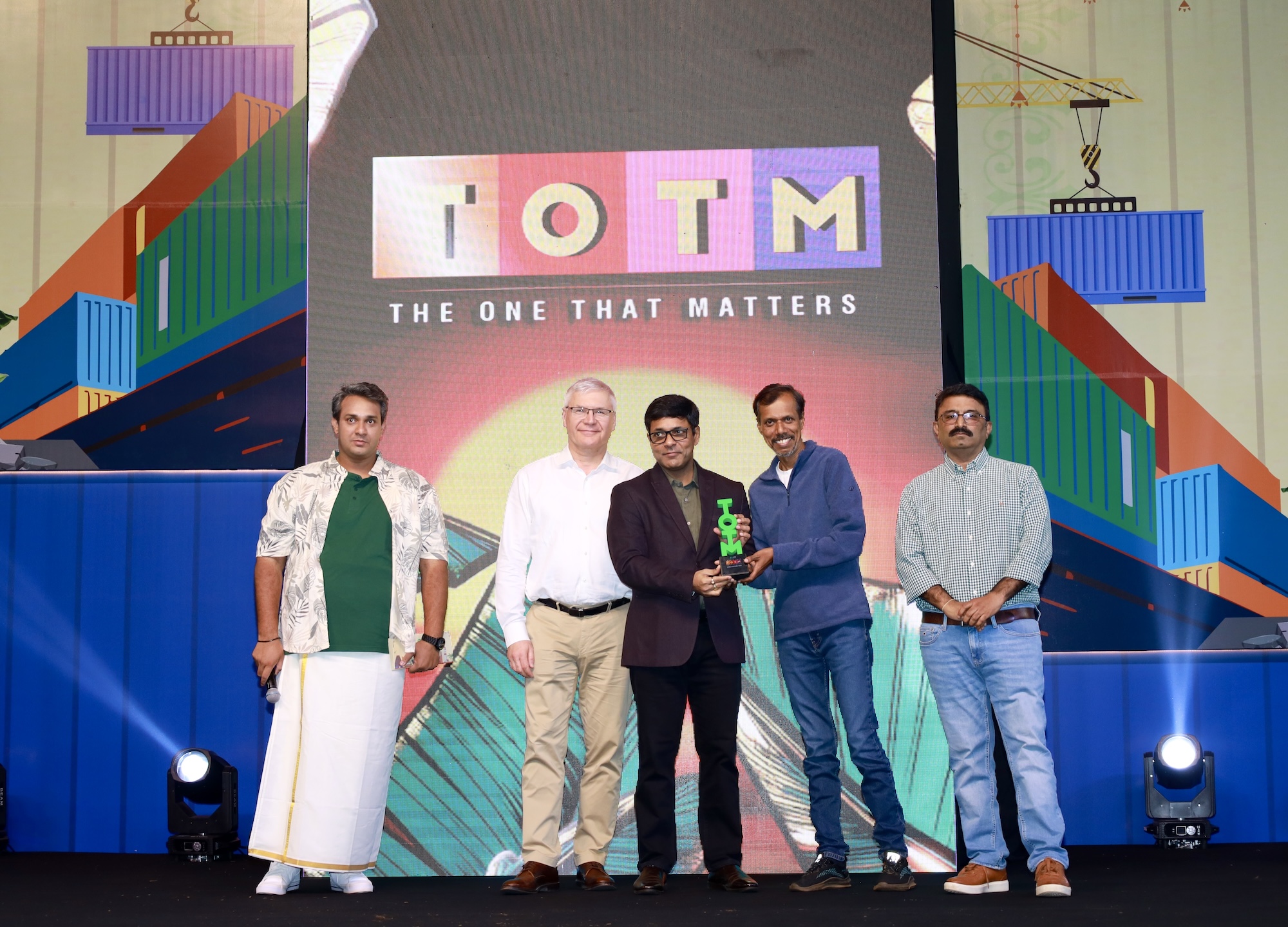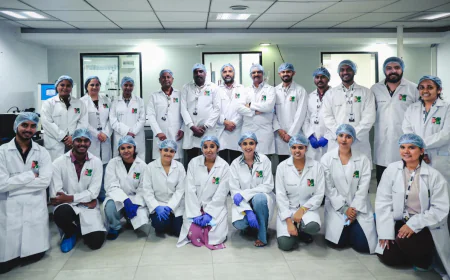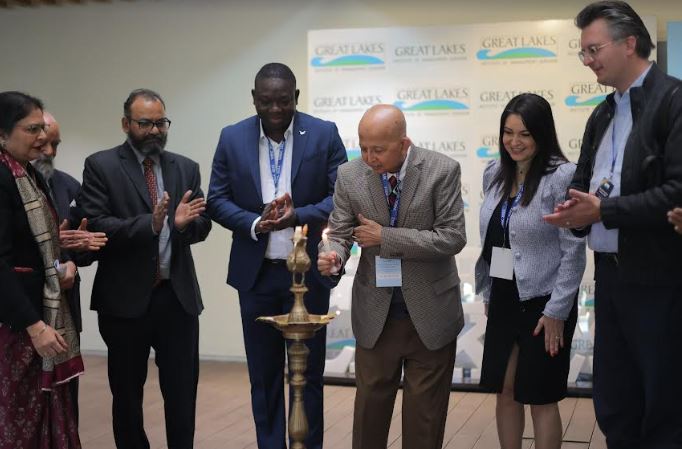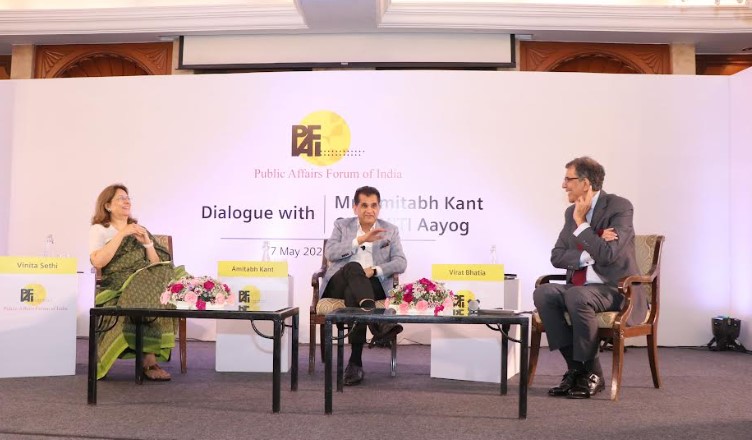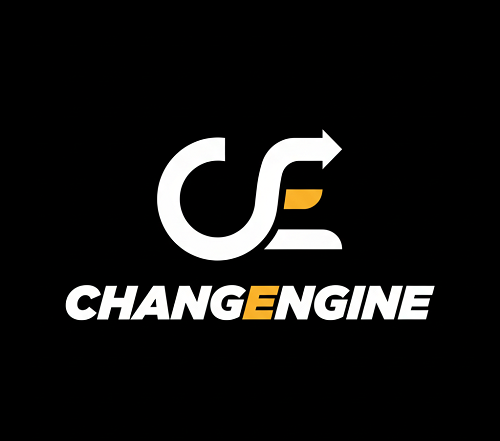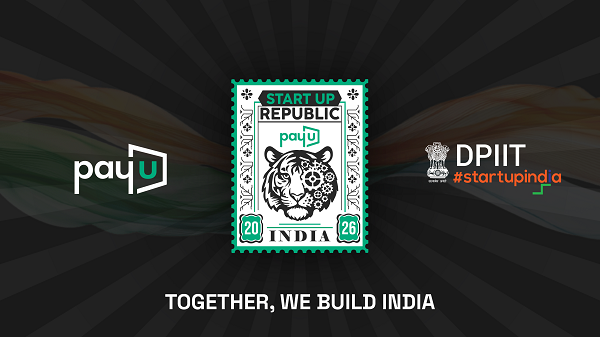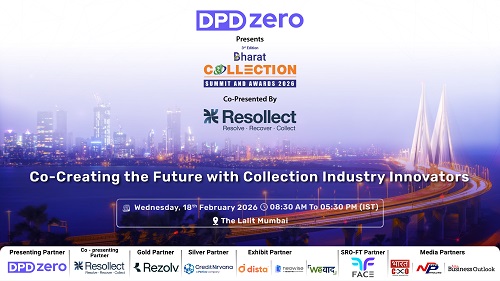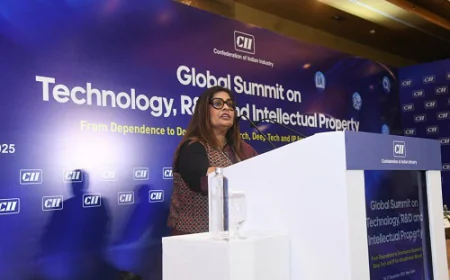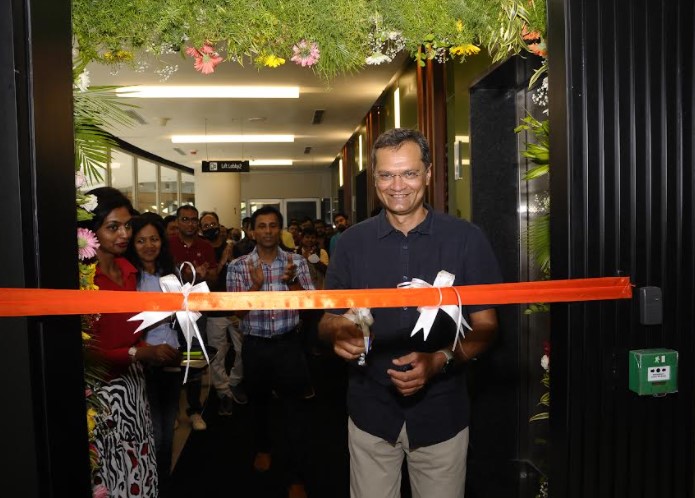[Mumbai] – The Material Recycling Association of India (MRAI), the apex National Association representing India's Recycling Industry, addresses the environmental and safety concerns raised in recent articles regarding the importation of waste tyres into India. While acknowledging these concerns, MRAI underscores the necessity of adopting a holistic perspective on this matter.
India's commendable progress in tyre recycling has significantly contributed to the circular economy, diminishing reliance on virgin resources. Industries spanning rubber matting, conveyor belts, sports turf, and road construction increasingly adopt recycled rubber products as sustainable alternatives, mitigating environmental impact.
While a considerable amount of waste tyres is imported, advanced technologies are employed to process these tyres efficiently into valuable materials. These materials find applications across industries, contributing to waste reduction and environmental preservation.
Efforts are underway to address concerns regarding the improper disposal and sale of waste tyres. Collaborative initiatives between industry associations, governmental bodies, and environmental agencies aim to develop and implement regulations ensuring responsible waste management practices.
MRAI commends organizations such as the Central Pollution Control Board and the Ministry of Environment, Forest and Climate Change for their proactive approach in implementing regulations to control waste tyre importation and promote environmentally friendly practices.
Key Points:
1. Efficient Recycling System: India's robust recycling infrastructure ensures that no waste tyres are left unattended, debunking claims of India being a dumping ground. The tyre recycling industry actively contributes to the circular economy, creating value and promoting environmental sustainability.
2. Economic and Employment Opportunities: Recovered waste rubber and steel contribute to the manufacturing of new products, providing economic value and creating tens of thousands of employment opportunities. This highlights the socio-economic benefits of tyre recycling.
3. Substitution of Import Products: Recovered rubber substitutes the import of higher value products like bitumen and natural rubber, reducing dependency on imports and promoting India's self-reliance in key sectors.
Statistical Insights on Rubber Scrap Import into India (Unit quantity in thousands):
Year 2019-2020: 956,358.19
Year 2020-2021: 10,634.05
Year 2021-2022: 33,909.06
Year 2022-2023: 966,171.38
Year 2023-2024 (Apr-Dec): 1,028,735.88
In 2022-23, the waste tyre import quantity increased sharply due to existing expansion projects and new plant investments responding to the growing demand for value-added products.
Pyrolysis and Waste-to-Energy: A Sustainable Solution
Pyrolysis stands as a proven and environmentally friendly method, embraced both in India and globally, offering a sustainable Waste-to-Energy solution. This innovative approach not only addresses energy shortages but also actively contributes to reducing dependence on fossil fuels. India's burgeoning pyrolysis industry, boasting units established throughout the country, plays a pivotal role, effectively managing over 60% of indigenous tyre scrap.
The Central Pollution Control Board (CPCB) is at the forefront of addressing safety and emission concerns associated with pyrolysis units. Collaborating with esteemed institutions like NEERI, CPCB, and IIT Delhi, the CPCB has diligently crafted and revised Standard Operating Procedures. Furthermore, the Ministry of Environment, Forest, and Climate Change has taken proactive measures by restricting the import of tyre scrap exclusively to the pyrolysis industry. These efforts underscore a dedication to responsible waste management practices, ensuring environmental sustainability.
MRAI is the apex National Association representing India's Recycling Industry. Committed to promoting a sustainable and responsible recycling sector, MRAI advocates for environmentally sound practices, economic growth, and job creation. With a comprehensive vision, MRAI actively supports initiatives that integrate environmental stewardship with socio-economic advancement, playing a pivotal role in shaping the future of India's recycling industry.
Advertisement
Want to get your story featured as above?
click here!
Advertisement
Want to get your story featured as above?
click here!
.jpeg)

















